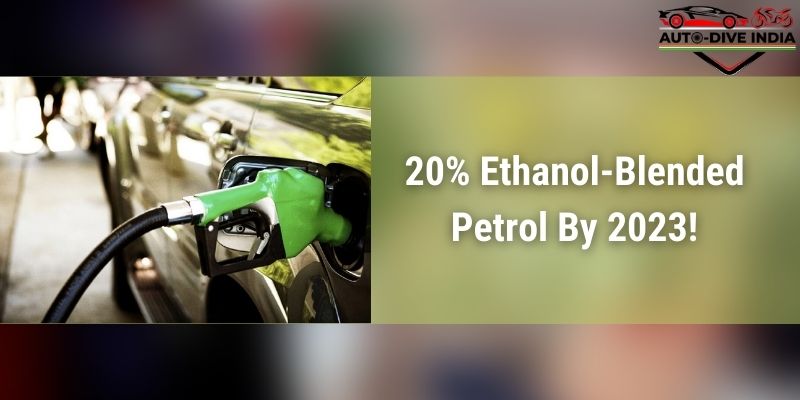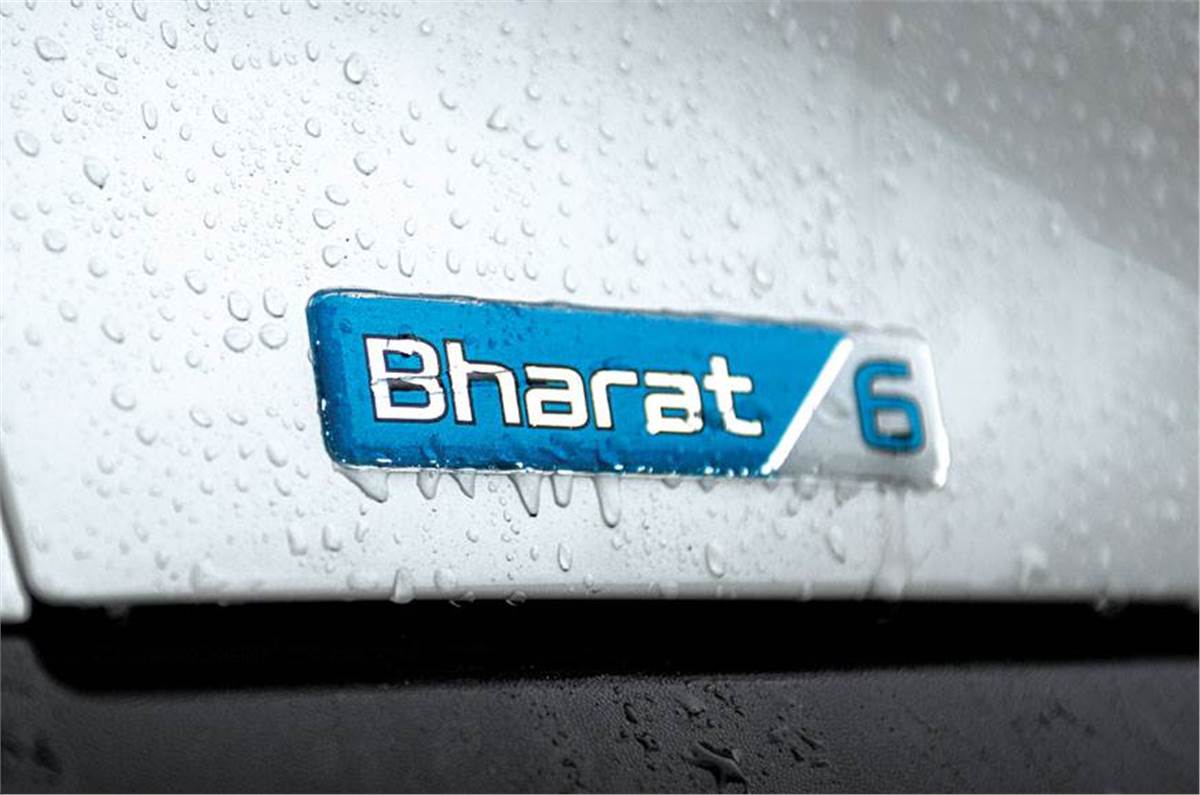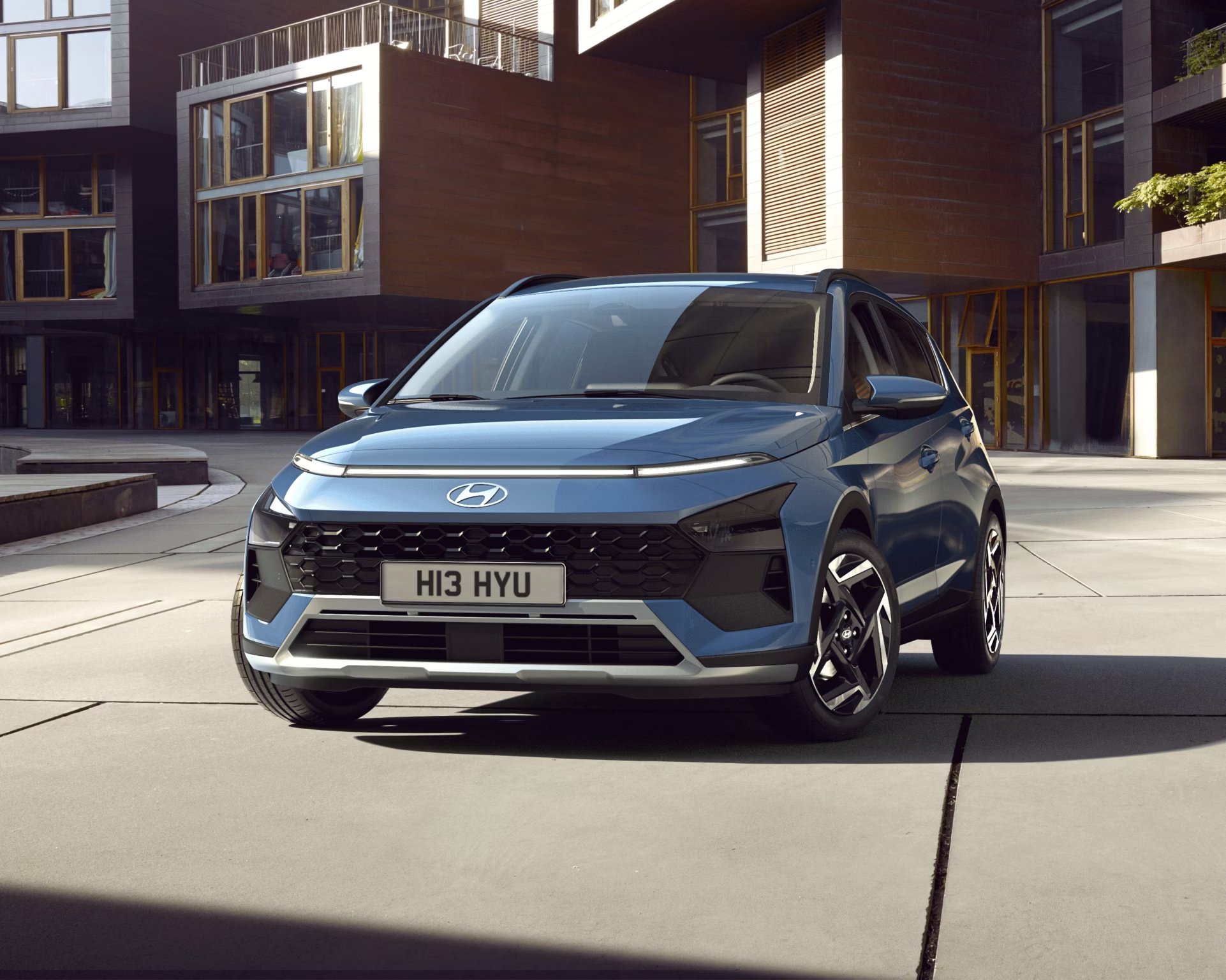Flex engines, the ones that can flexibly run on any level of ethanol mixed with petrol, even 100 per cent. Countries like Canada, Brazil and the USA already have these. Earlier, the deadline for having 20% ethanol blended petrol was 2030. Now, it has been pushed to 2023, i.e. two years from now! Take a look at the notification issued on 2nd June 2021.

What exactly does the notification mean and do all the vehicles have to run on ethanol-blended petrol from 2023 onwards?
- The current vehicles cannot directly run on ethanol-blended petrol directly as Ethanol is highly corrosive in nature. This harms the engine and reduces its life.
- For the engines to run on ethanol, modifications such as adding rubber and plastics to them will be required.
- E20 or 20% Ethanol-blended petrol has a lower energy density than the normal one, which means the engines will have to be optimised for better power, efficiency and low emissions.
- In the notification, as you can see, it is not mentioned that E20 will be made mandatory.
Why does the government want to add ethanol to petrol?
Adding ethanol will bring down the import of crude oil, therefore, reducing the overall cost. Our country also has the means to produce ethanol via corn and sugar mills and farming. Pushing ethanol-blended petrol will give a push to the farming sector too.
TVS has a bike running on E80, the Apache RTR200 E100 that runs on E80 or E100 (Pure ethanol).
Will you have to switch to a new car?
No, if your car has a validity extending beyond 2023, you won’t have to switch to a new car. Companies will sell E20 along with the unleaded petrol. It is clear from the notification that it is not mandatory. What do you think about the E20 move of the government? Is it too early? Do let us know in the comments section below.
Also, read 7 Ways To Increase The Mileage Of Your Car: Fuel Saving Hacks!






